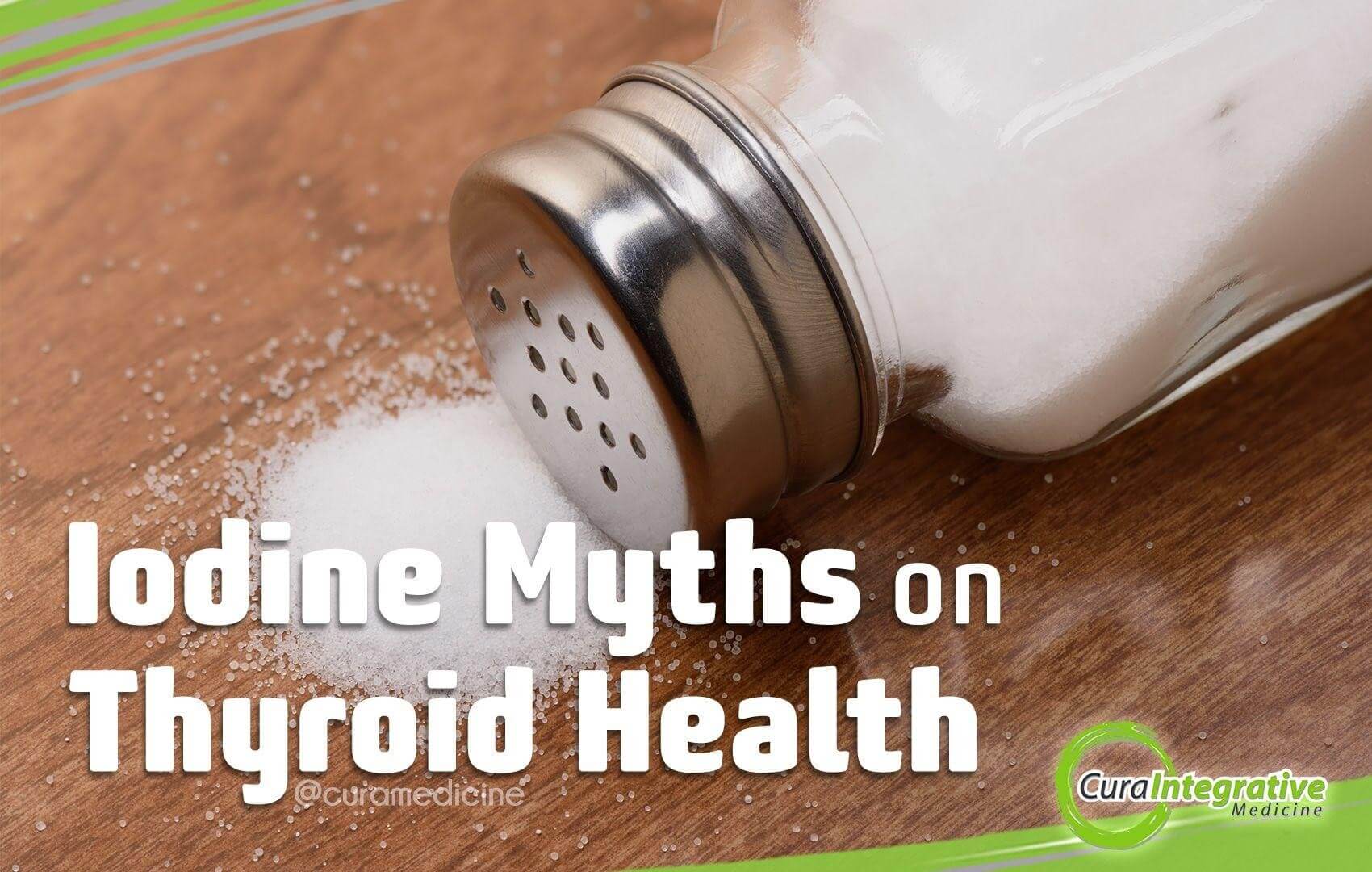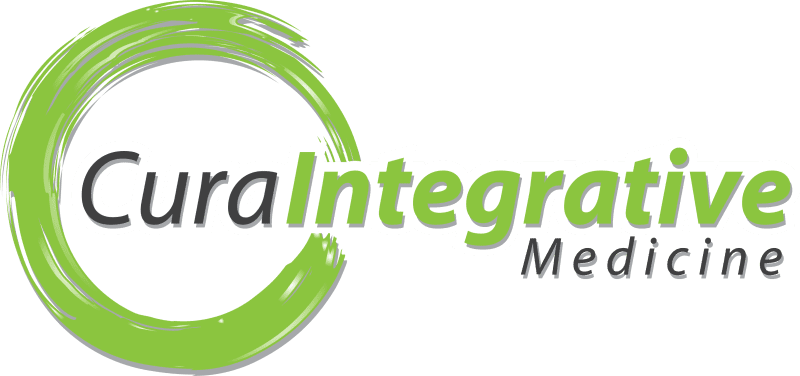Koji is a less known superfood found in a variety of macrobiotic foods. Containing Aspergillus oryzae, koji is used to make foods such as miso, amazaki and tamari. Read More…

Iodine Myths for Thyroid Health
Posted 11 Jun '19
Most of us are afraid of something causing harm to us like having too much salt or iodine. We may have been regarding it to be harmful, and consequently, should be avoided. Iodised salt, in particular. There are two myths on iodine that have been going around that is causing all these panic.
Myth #1: You can get sufficient iodine from iodised salt
This is a common notion among most endocrinologists and GPs. Salt that has been iodised has been regarded as the first health miracle. It is, however, insufficient for supplying the body’s iodine needs, especially within a toxic environment. Refined salt may prevent goiter in most patients, but the minute levels of iodine that is found in it is far too low to promote optimal thyroid function. It is just not enough to provide for the body’s needs.
The recommended daily allowance of iodine is 150μg for adults, and a little more for pregnant and lactating women. Iodised salt only contains 77μg per gram of salt. The basis for the RDA is to prevent goiter. The average adult takes in 4 to 10 grams of refined salt daily, so that would be more than the recommended amounts. If so, then why don’t most of use get enough iodine?
Here’s why…
According to research, only 10% of iodine in iodised salt is bioavailable. Meaning, that’s the only amount of iodine that your body can absorb. Therefore, iodised salt only provides 30 to 77μg per day — way below the recommended amounts. Apart from it being a poor source of iodine, the public is convinced to avoid salt by mainstream media and medicine. This has indirectly caused majority of the population to be deficient in iodine.
Side note – iodised salt also contains Aluminum as “anti-caking agent”.
Myth #2: If you take iodine supplements, it will lead to thyroid disorders, or worsen it if you already have it.
If this were true, iodine would straight up be causing thyroid disorders, and the declining levels of iodine would in fact prevent these disorders. Sadly, this hasn’t been the case. Iodine levels in most adults have fallen drastically during the last 40 years. Hypothyroidism, Grave’s disease, Hashimoto’s disease, thyroid cancer, and other thyroid disorder cases have been increasing at a fast rate. If the myth were true, these diseases should not be as prevalent as they are now.
Experienced practitioners would say that thyroid disorders cannot be treated if there is not enough iodine in the body. Vegetables and fish that came from the ocean contain huge amounts of iodine and these can provide the most bioavailable iodine. When your diet lacks seafood, you will definitely be deficient in iodine. Furthermore seafood quality is failing and often contamination can be found in it, such as mercury.
The RDA of 150mcg/day is not enough. This is made even worse when one is exposed to toxic elements such as bromine, fluoride, and chlorine derivatives. A daily dose of 6 to 50mg will suffice, and with the right kind of salt — unrefined salt.
Need more specific help? Get in touch and let’s make a plan for your better health.





